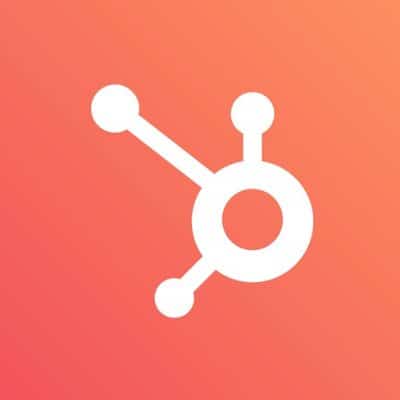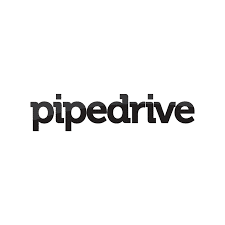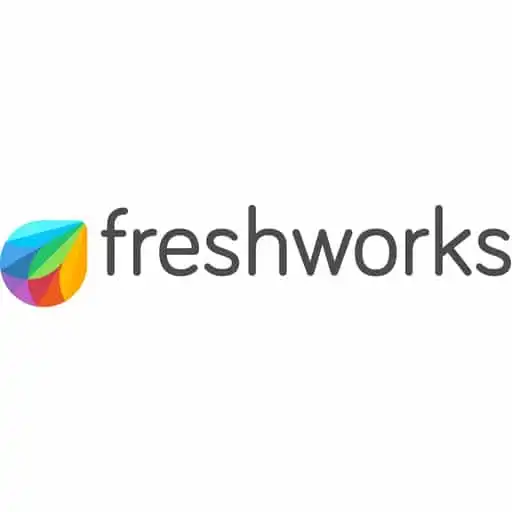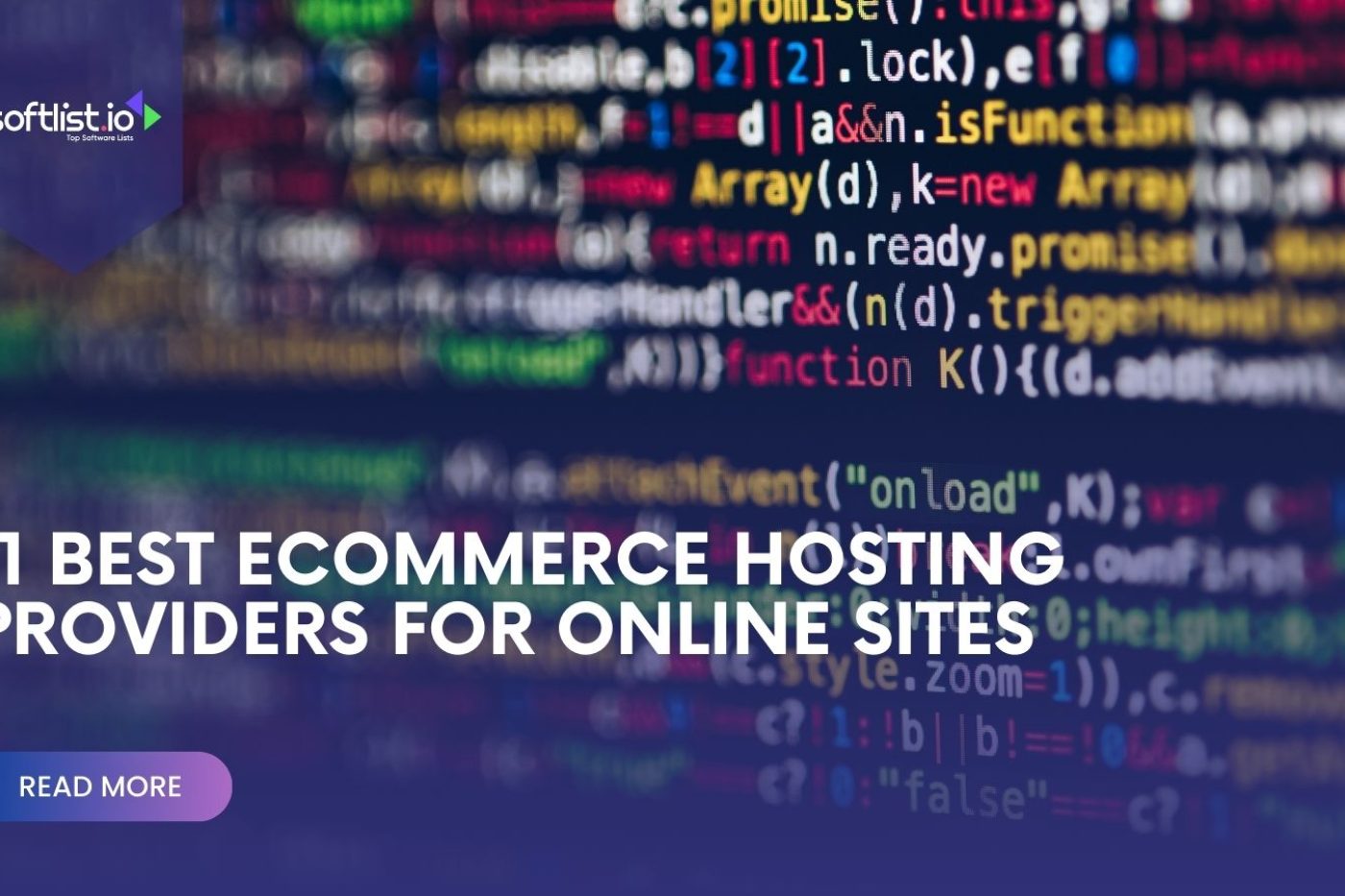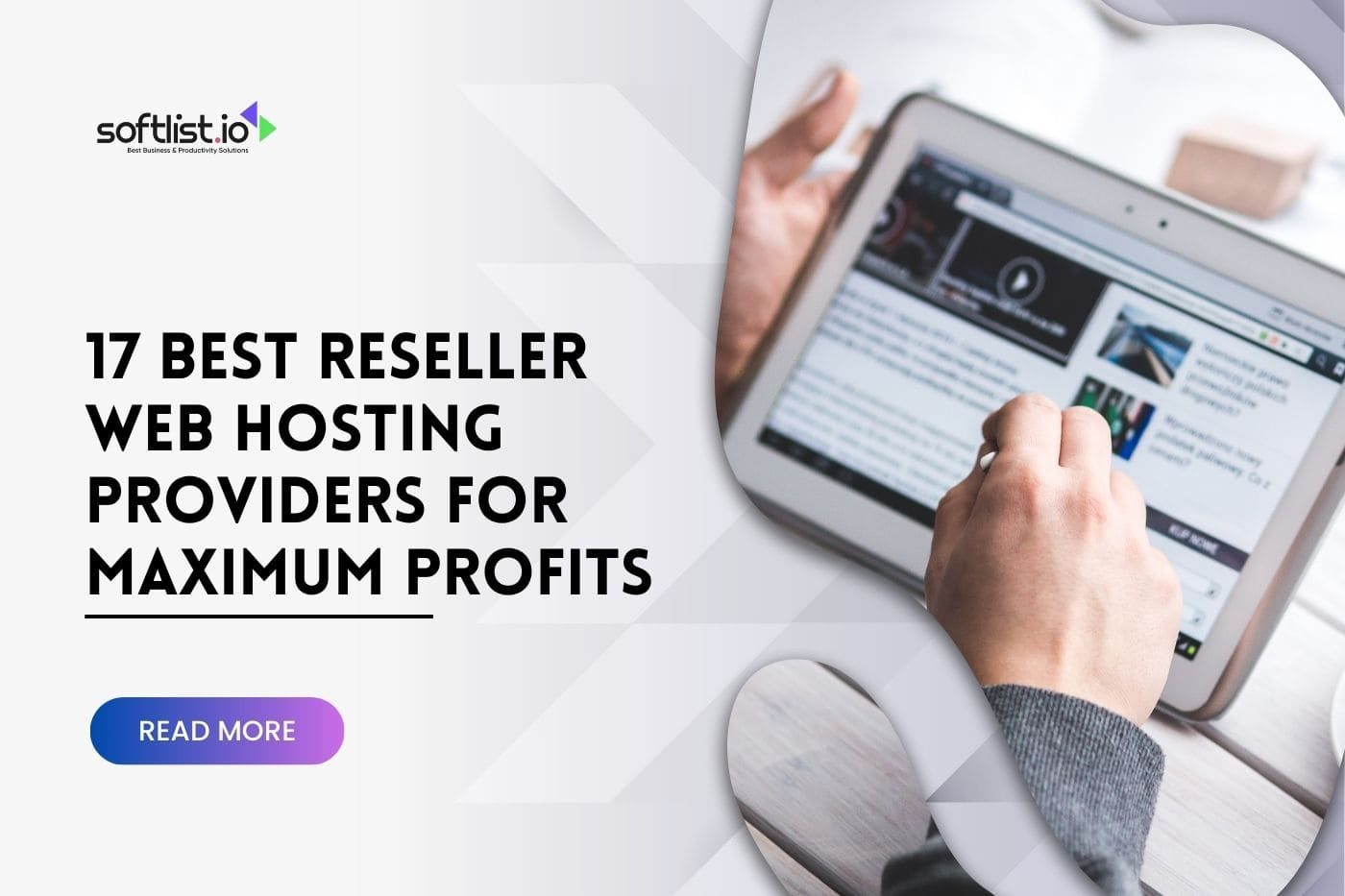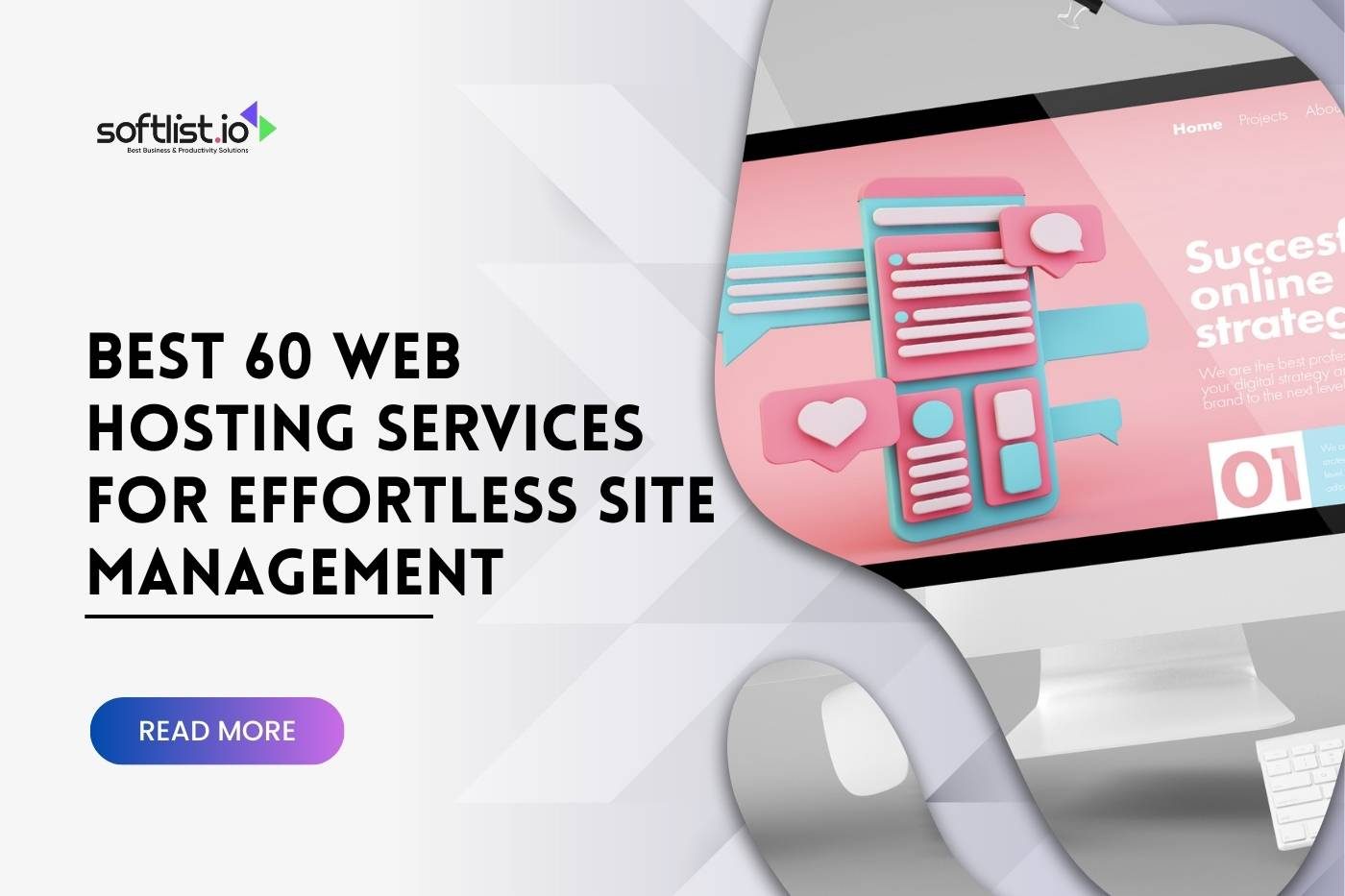CRM Software: What Is It?

The simplest definition of Customer Relationship Manager (CRM) is a procedure for controlling customer relations in your company. However, it can also refer to a way of thinking, a strategy, or software.
CRM software development aimed to speed up and simplify the customer management process. It facilitates the tracking and management of customer data and recording interactions between a company and its potential and existing customers.
CRMs, or customer relationship management solutions, link your sales leads’ and customers’ data together in one location. It keeps track of all forms of communication like phone calls, emails, text messages, meetings, text messages, documents, quotes, purchases, and tasks for each lead and client. Your whole team can get to these details quickly, so they can close a sale or give a great customer experience.
How Does A CRM System Work?

Using a CRM system will help you manage your business interactions with your clients and expand your company. In actuality, CRM extends well beyond clients, enabling you to concentrate on your company’s relationships with all different types of people, including coworkers, suppliers, and service users, in addition to customers.
At its most basic level, a CRM platform offers a central location where you can store and share contact information for clients and prospects. After this has been implemented, you can track the history of all your contacts with those customers, including phone calls, emails, meetings, presentations, and inquiries received. The key to everything is tracking.
When you have a CRM software in place, you can easily access every customer’s questions, service requests, preferences, and historical contact information. And that implies that each interaction you have with your clients is unique, timely, and relevant.
Therefore, typical CRM system features may include the following:
- Sharing of files and content
- forecasting sales
- instant message among coworkers
- Dashboard-based analytics
- Outlook and Gmail email integration
A complete, cloud-based ecosystem for customer data is provided by modern CRM platforms like Salesforce, which go considerably further by integrating with marketing automation and customer service systems.
How Can CRM Benefit Me?

You and your team can benefit from a modern CRM.
1. Gather All Of Your Information Into A Single, Convenient Spot.
CRM tools centralize your customer data so that everyone in your organization can access all the data they require from a single source.
Telephone numbers: Look up the websites, social media accounts, phone numbers, and email addresses of your customers.
Communication background: Keep track of all communications by email, phone, online chat, and support tickets.
Customer information: Refer to how long you’ve known a customer, what they’ve bought in the past, and how they found your business.
2. Increase Sales More Quickly
A significant factor that hinders sales reps’ efficiency is having to perform manual data entry. Many of these monotonous administrative activities are automated by CRM, allowing your team to focus more on marketing campaigns, and selling and less on typing.
Enhance your sales techniques with a sales process: Sales procedures give you the information you need to pinpoint the underlying reasons behind delayed prospects, take corrective action, and ensure that your team concentrates on the tasks that result in the highest revenue.
Make accurate sales predictions: Sales managers can more reliably predict how many sales their team will close from a given number of leads and set reasonable revenue targets by better understanding their win rate.
Acclimate new hires as soon as possible: By outlining what salespeople must accomplish at each stage of the sale, a standardized sales process makes training sales staff quick, easy, and all but failsafe. Once they understand the fundamental elements of your sales process, even inexperienced sellers can have an immediate impact.
Give your customers a better time: Rushing a prospect through a sales stage they weren’t ready for can ruin the deal and harm customer relationships. A sales process ensures the sale moves forward once the buyer is willing.
3. Concentrate On Your Customers
Your sales representatives can chase the right opportunities at the right time by accessing information about client interests and behavior. They can also work with your marketing team to provide tailored and helpful content to your prospects. The process of selling becomes increasingly client-centered and individualized.
Your support team can keep your customers happy by resolving their issues as soon as they arise by using CRM systems to anticipate your customers’ requirements before they contact you.
What Are Some Common CRM System Issues?

1. The System Update Process Is Time-consuming
Even though using a CRM system is pretty easy, moving data still takes time and a lot of bandwidth, especially if you have a lot of information to process. The new CRM solution requires some time for individuals to adapt to it. For some employees, it may take weeks or even months before they feel ready to use a CRM system independently.
You expect your marketing people to make as many sales as they can. But if you gave them a tool that takes a ton of effort to update and doesn’t improve their job, this would be the biggest embarrassment in sales.
Therefore, be sure to select a CRM system that is straightforward to maintain.
2. Absence Of The Elements Necessary For Your Business
Your success will be determined by the quality of the partner and software that you choose to work with. It’s easy to give in to the temptation and go with the customer relationship management software that costs the least. On the other hand, adapting it to your company’s specific requirements typically results in a significantly higher cost than purchasing suitable software in the first place.
Other companies may make the inverse mistake. You are making a significant financial investment in a system containing many functions the customer will never use. When searching for the ideal CRM software to meet your company’s requirements, cost should come in a distant second. However, the price is an essential consideration.
Therefore, when you are ready to invest in a customer relationship management system for your company, you should ensure that the system contains all of the functions your organization requires. If you buy a customer relationship management system without completing sufficient research, your employees won’t see a need to use the system.
3. Security Risk
It is essential to ensure safety. These days, everyone is obsessed with collecting and analyzing data. Whether they own a company or are just regular individuals with internet profiles, everyone wants to ensure their data is protected.
When it comes to your company, the data it generates is your single most valuable asset. Selecting a customer relationship management system that can potentially leak your data can be highly detrimental to you and your company.
Many customer relationship management (CRM) solutions have a poor reputation for having security flaws. Since onboarding to a new CRM platform requires collecting and transmitting massive data stores, you need to be sure that you have a system that you can depend on.
4. Too Complex for Employees to Use
CRM is a highly sophisticated software; thus, users and operators may need help comprehending it. Most people don’t go to work to try to change things. The company must identify the issues if users reject the CRM system. It is typically attributable to a lack of managerial support for the CRM system.
Users will cease using a system if they believe updating it is a waste of effort. Also, you will only want to stick with your chosen CRM system if you have to set aside time to train your staff on how to use it.
5. Integrations Management
Despite the fact that many potential CRM users are aware of the advantages a CRM system might offer, others are concerned about the system’s possible flaws.
Regarding customer relationship management (CRM), some users worry that the system will only provide some necessary features at a time.
It will make working together harder on important company tasks like marketing, lead generation, communication management, ticketing, and internal communication.
Check the list of integrations with your CRM tool to fix this. Ensure your CRM tool works with Zendesk, Help Scout, WooCommerce, MailChimp, Hubspot, and other services.
6. Record Failure
Some CRMs use distant servers or servers owned by a third party when gathering and storing client records. There are various drawbacks to using third-party servers to run CRM software.
If the remote CRM is shut down, the firm will not be able to recover the records, which is a drawback because it has no control over the data.
Therefore, the organization could lose thousands of dollars in revenue due to an inconsistent CRM. If a CRM program is used by the business and is hosted by a different organization, it should use local backups to prevent such losses.
7. Wrong Solution
Not to mention, selecting the incorrect CRM solution can reduce team productivity. Different firms have various needs and varying aims.
Choosing a CRM that matches your staff’s technical expertise and background is among the most crucial factors to consider. Unfortunately, some companies need to assume this factor since they wish to subscribe to a sophisticated system with many features.
When searching for CRM software, remember your objectives and the people you are working with and for.
CRM System Evaluation And Comparison

Let’s evaluate the differences between cloud-based CRM and client-server CRM.
Cost
Client / Server: Startup capital, including server purchase and installation.
Cloud: Minimal investment cost, little startup delay, and a straightforward monthly price.
Competitiveness
Client / Server: To keep up with technological changes, adding new features or functions can be expensive and complex, and it takes a lot of in-house expertise.
Cloud: All users get immediate access to new features and functions that may remotely turn on and off.
Mobility
Client / Server: It depends on the installed base of client PCs; it can limit mobile use to laptops with the required level of security and the availability of a secure VPN.
Cloud: Access is safe from any internet-connected device, whether at home, at the office, or on the road.
Security And Maintenance
Client / Server: IT security is something you are in charge of.
Cloud: As part of your monthly fee, the CRM provider takes care of the servers and keeps the security up to date.
Disaster Recovery
Client / Server: Your own backup and disaster recovery plans should include customer data.
Cloud: The vendor takes care of disaster recovery as part of the monthly service fee.
What Do The CRM Features Include?

User-friendliness
Mainly cloud-hosted CRM systems are built for a code-free experience. You can easily use the system thanks to drag-and-drop tools, easy navigation, features that are easy to find, and smart tutorials.
Contact Management
Stores and gets customer information. These include both the first contact and the ongoing relationship. Conversations and mentions on social media are also linked to specific customer profiles.
Analytics And Reporting
Collects and organizes a lot of customer data to be used for analysis. Using the reporting tools, you can make documents and generate CRM dashboards that show off the insights you’ve found through data mining and consolidation.
Managing Tasks And Deals
Tracks deals through all sales stages, from the first lead to the sale. Deals also have tasks that go with them.
Configurability
You can set up processes based on how your workflows work. You can also slice and dice data the way you want or make reports based on your metrics if you use tools that let you do so.
An Application For Mobile Devices
Most CRM systems have mobile apps with fewer features than the full version. When you’re away from the office and need to look at reports, customer information, or enter data, the app can help.
How Do I Decide Which Is The Best CRM Software?

Some CRM benefits are excellent for small business sales teams, while others are necessary. When looking into CRM solutions, these eight things should be non-negotiable.
How Realistic Is This Price For Me?
Per-user prices can be deceiving. The low monthly fees for many CRMs only include some of the potential unforeseen costs that may arise.
Do onboarding and training costs need to be paid? Are further contacts or reporting capabilities required to be paid for separately? Are there fees for storing more data than you need? Make sure you complete your research in advance because these additional expenses could drastically increase your annual CRM spending.
How Simple Is It To Use For Your Employees?
Since sales reps aren’t software experts, your CRM should be as easy to use as possible. The design and user interface should be easy enough to understand so that everyone in your company can learn and start using it immediately.
Can It Keep Track Of All Conversations Between The Team And Customers?
Emails, phone calls, and online chats are all ways to talk to your customers. For you to always be aware of the next step to take and always retain crucial information, your CRM should be able to record and organize all communications in one place.
The most effective CRMs make it easy to enter customer data, track customer interactions across several teams, and quickly locate the required information.
Tip: Before you choose a CRM, make sure it can import communication history from the contact management tools you already use (i.e., spreadsheets or a previous CRM).
Is It Mobile-friendly?
Your CRM software should be easy to use on all devices, including mobile phones, so you can stay in touch with your deals no matter where you are.
Is Your Current Customer Data Importable?
Make sure that the CRM you’re thinking about makes it easy to import existing customer information, so you don’t have to spend weeks manually typing in your current leads, prospects, and clients.
How Well Does It Fit Into Your Current Sales Process?
When you use a CRM, you don’t have to change how you sell. A CRM platform should be easy to adapt to your current methods while adding time-saving automation tools and customization to help you sell more efficiently.
Does It Work With The Tools You Use For Your Business?
The ideal customer relationship management system would centralize your sales processes and customer information. If you choose a CRM that works well with your email, chat, and file-sharing programs, you won’t have to spend your day switching between applications and browser tabs.
Does It Offer Custom Reports and Performance Tracking?
Look closely at how the CRM gets information about customers for its reports. What can it learn from how your customers act, how you interact with them, and how your team works? Are the reports exportable and shareable? Can you easily modify the CRM’s reporting to zero down on the data that matters most to your group?
What Is The Purpose Of CRM Software?

CRM does more than just store information about a customer’s name, address, social media accounts, transactions, and other interactions. Here are some of the essential functions of a CRM system:
Centralized Information And Operations
Consider CRM the central hub for your company’s customer data. Customer-related tasks, reports, updates, chats, and interactions are kept in one location. The customer-related processes are also centralized and in sync. A CRM system has tools for teams to communicate and work together, like shared calendars, dashboards, chat, email integration, and document management.
Keep Information About Customers
Putting customer information in a central database is the most basic function of CRM. CRM software is more than just an address book. It lets you pull customer information, such as their contact information, social data, conversations, calls, preferences, etc. Along with automatically filling out forms, related client data is connected. In the same way, CRM software lets you enter data using different devices and operating systems, such as a mobile phone, desktop computer, or the web.
Process Automation
Many of the daily tasks that sales and marketing do can be done by CRM. These include filling out forms, looking for leads, organizing tasks, getting email alerts, starting scheduled processes, etc. To set up automation, you can set rules based on your needs. As an illustration, all fresh leads might be arranged by region, or all support calls might be summed up daily and sent to marketing for evaluation.
Handle Deals And Tasks
Deals across all sales stages can be readily tracked with CRM. In addition to monitoring the number of converted leads, you can spot barriers in the pipeline and determine their exact location. You can build another pipeline for opportunities to make repeat sales after deals are closed.
A 360-degree View Of Customers
The best picture of your consumers is possible when you have access to all their data in one place. You can look at how people buy things, what they like and don’t like, joint problems and complaints, demographic trends, and more to get a good sense of your market. A quality CRM system links different client data, such as:
Sign-ups, downloads, and feedback on your website
Social media accounts
Social interactions such as likes, shares, hashtags, and mentions
Previous deals, purchases
Email, chat, and phone conversations
How Do People Buy CRM Systems?

Full-featured
CRM software can be fully comprehensive, which combines all necessary CRM features into a single product. The features are divided into price plans, and the premium plan has all.
Cloud-hosted
Users must subscribe to access the CRM system’s functionalities, which the vendor hosts. Although there is a recurring monthly fee and your data is stored on the vendor’s server, cloud CRM is affordable for small businesses.
Modularized
Some CRM systems provide a modularized approach, like Salesforce CRM, which offers distinct solutions with scaled functionality. As your needs change, you can add more advanced modules to the basic ones to make them more useful.
On-premise
A client-server setup is used to install the CRM system. License fees, installation, and hardware are one-time costs for this setup. An internal I.T. staff manages the system too.
What Are Some Examples Of CRM Tools?
Here are the best CRM programs regarding features, functionality, and overall value.
HubSpot CRM

One of the most widely used CRM software programs is HubSpot CRM, which provides all the capabilities required to manage, track, and nurture your leads. These are free for life, making them even more appealing.
The software handles admin tasks repeatedly, so your sales team can focus on more important tasks, like selling. It lets you manage your pipeline with complete visibility, automate activity logging, keep track of each interaction, and talk to customers and prospects in real-time.
The software is made for growing companies and gives you a free way to set up a foundation for building deeper relationships with your contacts. Contact management, business records, a lead analytics dashboard, email monitoring, scheduling, and reporting dashboards are just a few of the capabilities available in HubSpot CRM. One thousand users, contacts, and storage are all included in the free tool for your complete team.
Transform your business into a revenue generating machine by creating delightful customer experiences.
Zoho CRM

Details about Zoho CRM say that the platform is an easy-to-use online CRM solution that helps you get more leads, keep track of your pipeline, and close deals faster. Gaining knowledge about your company, forecasting consumer behavior, and communicating with customers enables you to create a scalable sales organization.
Recognizing that no one-size-fits-all solution exists, Zoho CRM allows you to add industry-specific modules to your platform, adjust the user interface to match your business, and insert custom buttons as you see fit.
For starters, this multi-channel CRM software has sales automation, team collaboration, pipeline management, AI, and performance and analytics capabilities.
A unique and powerful suite of software to run your entire business, brought to you by a company with the long-term vision to transform the way you work.
Pipedrive

Small teams who require a platform that requires little input but produces a lot of output could choose Pipedrive’s customer relationship management solution. This straightforward application is easy to set up, allowing customers to immediately focus on generating sales and closing agreements. It handles administrative responsibilities by automatically keeping track of emails, calls, and progress. You receive a condensed picture on a single platform that helps you demonstrate clarity and consistency in your business processes.
The software places scheduled activities, such as deals and pipelines, at the top of the dashboard so your team can see your progress and decide what to do next, making it simple to increase productivity and responsibility.
As you do activities and drive deals forward, Pipedrive monitors your performance like a coach.
Freshsales

Reviews of Freshsales show that this sales CRM application provides a feature-rich, user-friendly solution at an SMB-friendly price. It offers cutting-edge functionality in a single app, including AI-based lead scoring and a 360-degree customer view. It provides comprehensive information about your clients, from chats, transactions, and company touchpoints to their upcoming assignments and appointments.
Your chats are enriched by the built-in phone and email facilities. You can make direct phone calls from Freshsales using the affordable phone software; you will only be charged for the minutes used during the conversation; no additional software, setup fees, or hardware installation costs will apply. Further functionalities include event tracking, reports, workflows, mobile apps, and integrations.
Salesforce CRM

With its many CRM categories, Salesforce CRM is a tool that has a wide range of features and functions. It has a Sales Cloud, Service Cloud, Marketing Cloud, Data Cloud, Analytics Cloud, App Cloud, Community Cloud, and IoT, among other things, depending on your needs.
Salesforce CRM overview demonstrates that it tracks your sales activity from each lead, customer satisfaction, and opportunity to provide you with deep marketing data and social insights for increasing revenue. Focusing on the customer’s demands, it incorporates its features into solutions and packages that are affordable for you and meet your requirements.
For every customer touchpoint and stage of their lifecycle, the solution also functions as an entirely cloud-based, mobile, and comprehensive CRM software.
FAQs
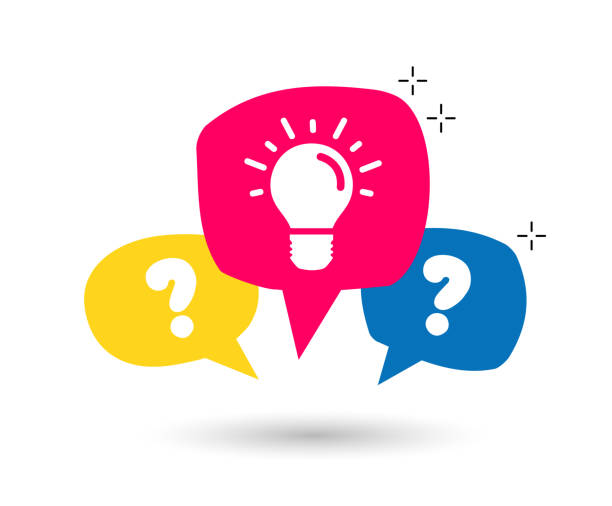
Which CRM Should I Pick?
Be sure about the purposes for which you intend to utilize the CRM software. Choosing the best CRM for your company depends on a lot of things. Of course, the primary goals are increased revenue and a satisfied, devoted customer base. Also, keep in mind these elements:
a. Customization
b. Allowance for a product demonstration
c. Report-generating abilities
d. The effectiveness and speed of deployment and implementation
e. User response
f. Support for integrating programs from outside platforms
What Is The Typical Cost Of A CRM?
The monthly membership fee for many cloud-based CRM solutions can easily reach hundreds of dollars per month because they often charge per user. Additionally, CRM suppliers might offer tier-based pricing structures with more feature-rich entry-level products.
However, many free CRM applications are accessible, including Freshworks CRM and Zoho CRM. These perform effectively for startups and small enterprises despite having less functionality than software that costs money.
Other choices provide system administrators the ability to give some users access to advanced features while giving other users access to basic functionality, much like HubSpot’s sales CRM software.
However, business owners should evaluate the TCO of CRM solutions and take into account expenses like:
a. Costs for integration and customization.
b. Ongoing fees for customer service.
c. Discounts on volume or charge reductions for yearly payments.
d. The total cost of your monthly or annual subscription.
e. Initial charges for implementing a CRM.
f. The expense of data migration.
g. Training and onboarding costs.
What Integrations Should A CRM Have?
Your CRM system should work with marketing and sales tools. It is simpler to automate procedures and update data when software “talks” to one another. Basic connectors, like Mailchimp for email marketing, are supported by many CRMs. Others offer an application processing interface (API), which enables customers to link their tools and software.
To ensure your tools are compatible with your chosen CRM system, ask your present hardware and software manufacturers about CRM connectivity. Typical integrations consist of the following:
a. What kind of assistance do CRM suppliers offer?
b. Tools for customer service representatives or the help desk.
c. Software for managing projects.
d. POS (point-of-sale) devices.
e. Platforms for e-commerce.
f. Phone systems for businesses.
g. A platform for website analytics.
h. Software for team collaboration.
Conclusion

In the end, there is a lot to customer relationship management, even if you only talk about the parts that make it up. The situation becomes much more challenging when discussing how to utilize this fantastic tool effectively. On the other hand, it’s one of the best ways to boost your business’s marketing, customer service, sales, and more.
If you are interested for more business solution tools articles, visit our blog now for more ideas about CRM software.

